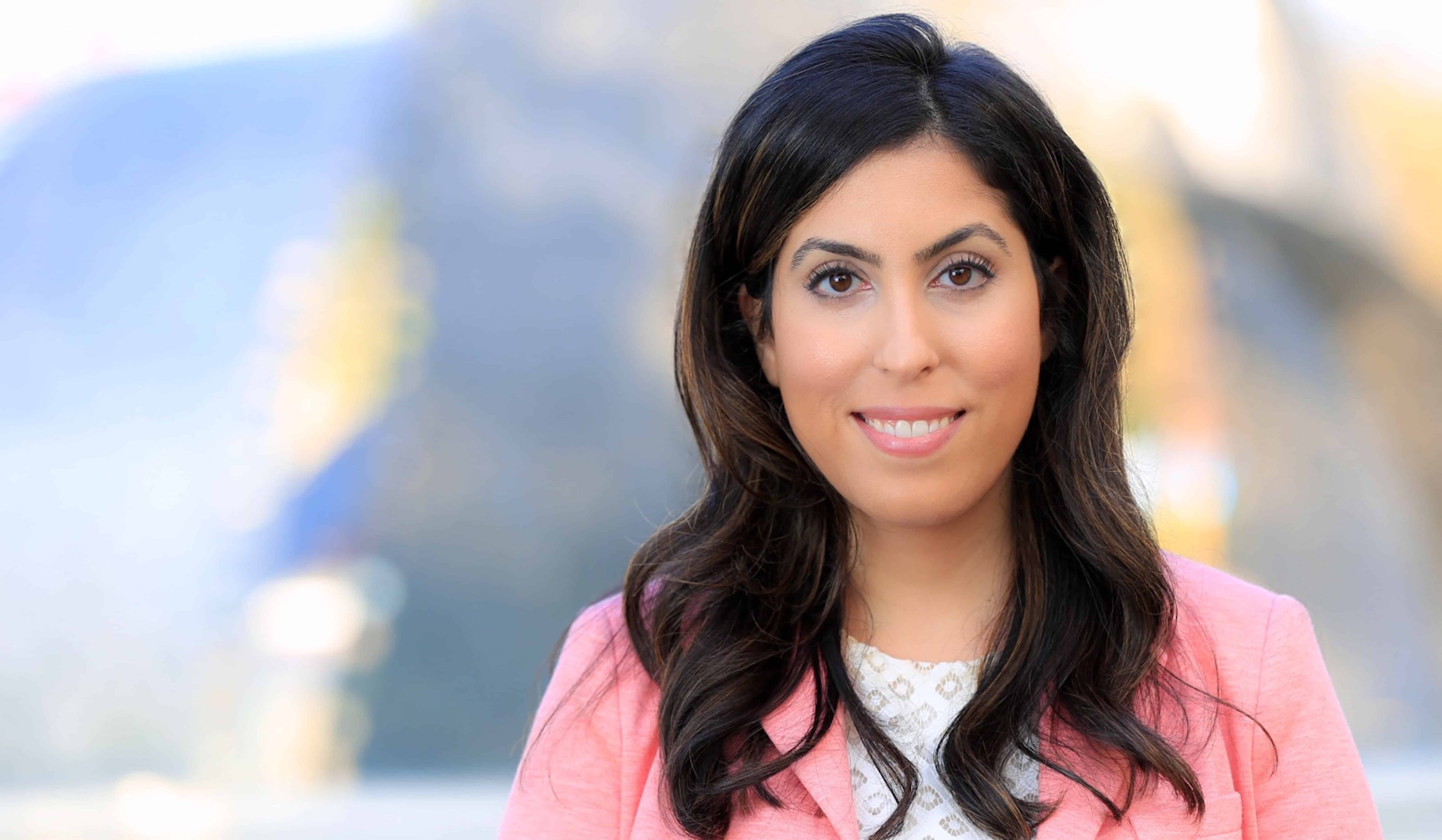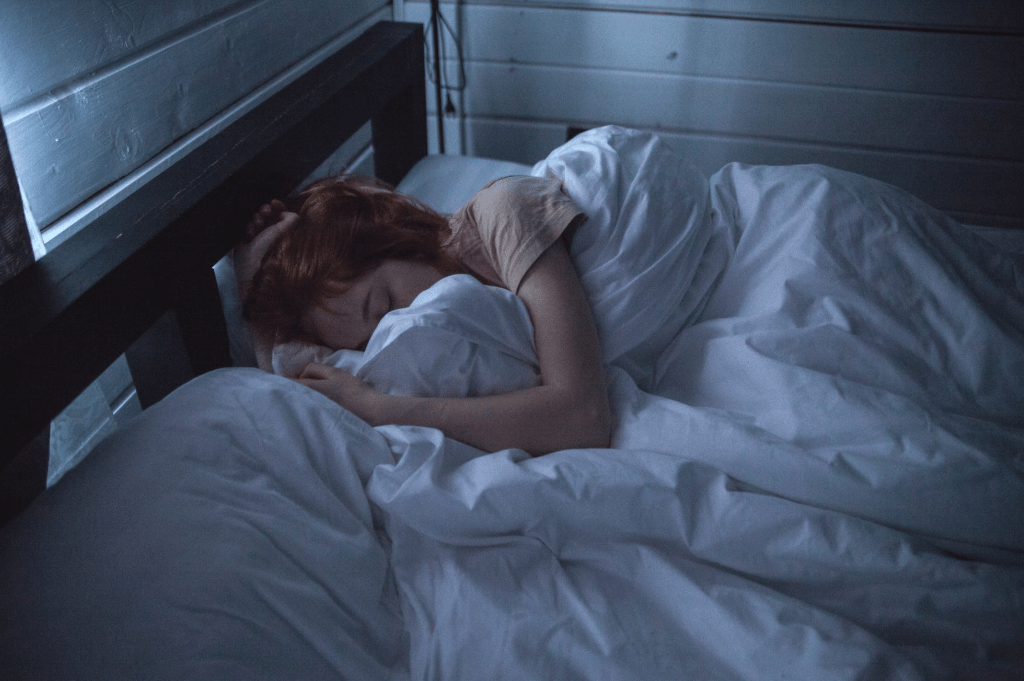Think all those not-so-subtle messages about multi-tasking and leaning in are keeping you awake at night? You’re probably right. Clinical psychologist and sleep specialist Dr. Nicole Moshfegh believes that the way a culture values work, time off, and sleep has a big impact on the well-being of its citizens. Fortunately, she’s written The Book of Sleep: 75 Strategies to Relieve Insomnia for those of us in the do-it-all throes of American society, and it hits the shelves today.
Join me as as I chat with Dr. Moshfegh about that elusive work/sleep balance, how anxious people can become good sleepers, and the single most important strategy for a great night’s slumber.
What inspired your interest in sleep?
I became interested in sleep after noticing how many of the patients who came to me for non-sleep related reasons were also suffering from insomnia. After immersing myself in the research on sleep, I realized how common the disorder is and how much it can impact many different aspects of our lives, not just sleep. I was inspired to specialize in sleep after seeing how much healthy sleep boosted my patients’ overall well-being.

Your new book describes 75 strategies for better sleep. Is there one strategy you think is most effective of all?
While all of the strategies I describe in the book are effective and can be beneficial depending on your unique situation, if I had to pick one it would be to try to not stress over sleep. The more we worry about sleep and the impact of potential sleep deprivation, the harder it is to produce quality sleep. If you’ve been experiencing insomnia for a long time, it can be very difficult to remember this. That’s why I describe several strategies in the book that can help you quiet your mind and relax your body to set the stage for good sleep.
You talk about taking cross-cultural issues into consideration in your practice. How do you think culture and adapting to life in the United States affect sleep?
We can’t escape the influence of culture on our lives, including our thoughts and behaviors around sleep. There are many places and cultures that adhere to a biphasic sleep schedule, or two shorter sleeps, rather than the one long sleep we’re accustomed to in the United States. Culture can also influence how much value we place on sleep, as well as how many hours of work we think is acceptable.
US culture often emphasizes longer work hours and places less value on sleep or rest. Although many people are starting to realize that burning the candle at both ends isn’t sustainable, many in the U.S. continue to struggle with achieving a balance between sleep and a career. Working with individuals who have immigrated to the U.S. can make this dynamic even more complex, as they may have to integrate different value systems.

Can a naturally anxious person with a sensitive nervous system become a good sleeper if they develop good habits?
Absolutely! While it may be slightly more challenging for someone who is prone to anxiety, you can definitely develop habits that will allow you to become a better sleeper. The biggest focus for someone who experiences anxiety is to work on relaxation or incorporate mindfulness-based strategies. Mindfulness in particular teaches you how to be present in every moment rather than getting caught up in a worry spiral which can impact the ability to produce quality sleep.
What do you wish everyone knew about sleep?
You can become a good sleeper even if that’s historically been a challenge for you. I know how easy it can be to lose hope if you’ve had trouble sleeping for any length of time, but there are plenty of practical, natural strategies that work if you stick to them. You don’t have to turn to medications to achieve good sleep. In fact, research indicates that cognitive-behavioral strategies like the ones described in my book are actually more effective and produce longer term effects overall. The key is to keep a balance between knowing how important sleep is for your health while not putting too much stress on yourself when you’re low on sleep.
A big thank you to Dr. Moshfegh for chatting with Sleepopolis! Check out her book and find out more about her on Facebook and her website.